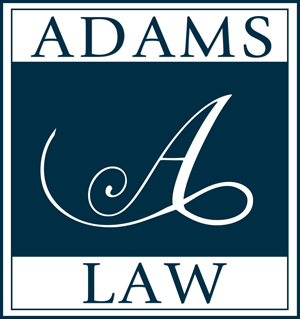06 Nov 2012
Is Tip Pooling or Tip Sharing Legal?
Tip pools and tip sharing are significant topics for employees in both the food service and hospitality industry. The Second Circuit’s Court of Appeals will soon clarify the the prohibition against participation by an employer’s “agents” in tip pools and sharing arrangements.
The court’s certification order arose out of two class actions against Starbucks involving their “baristas.” In Barenboim v. Starbucks Corp., employees objected to shift supervisors obtaining a portion of their tips because they assigned baristas to positions during their shifts, administered break periods, directed the flow of customers, and provided feedback on baristas’ performance. As such, they argued, the shift supervisors were “agents” of the Starbucks and ineligible to participate in tip pooling the applicable labor laws.
The second case, Winans v. Starbucks Corp., presented nearly the reverse issue: assistant store managers claimed that they are not agents of the employer and thus are entitled to participate in the stores’ tip pools.
The DIstrict Court certified the following questions to the New York Court of Appeals:
- “What factors determine whether an employee is an ‘agent’ of his employer for purposes of N.Y. Lab. Law § 196-d and, thus, ineligible to receive distributions from an employer-mandated tip pool?,” and
- “Does [the Labor Law] permit an employer to exclude an otherwise eligible tip-earning employee under § 196-d from receiving distributions from an employer-mandated tip pool?”
While this may be an issue pending before the Second Circuit, employees in Santa Barbara, San Luis Obispo and Ventura who have tip pooling questions are encouraged to contact Adams Law for answers.
Meal period general requirements: One 30-minute meal period for every five hours worked.
The California Labor Code and various Wage Orders prohibit an employer from employing a non-exempt employee for more than five hours without providing an unpaid meal period of at least 30 minutes. If the employee works more than 10 hours per day, he or she must be given a second 30-minute meal period.
WHAT CONSTITUTES A MEAL PERIOD
Unpaid meal periods must meet certain requirements or else they are considered an on-duty meal period, which is counted as time worked and for which the employee must be paid. The Division of Labor Standards Enforcement (DLSE) defines an “on-duty meal period” as: a meal period during which the employee is not relieved of all duty, regardless of length.
CAN YOU WAIVE YOUR RIGHT TO A MEAL BREAK?
In short, yes, but the waiver is required to contain certain elements and is sometimes invalid if you work more than 10 or 12 hours per day.
The employer and employee are permitted to waive the 30-minute meal period in two circumstances:
- When an employee’s work period for the day does not exceed six hours, the meal period may be waived by mutual consent of both the employer and employee. But neither the employee nor the employer can be forced to waive the meal period. For example, if the employee wants to waive the meal period but the employer does not, then the meal period cannot be waived.
- When an employee works more than 10 hours per day, the second meal period may be waived if: (a)the employee works no more than 12 hours that day; (b) the employee and employer agree to waive the second meal period; and (c) the first meal period has not been waived.





